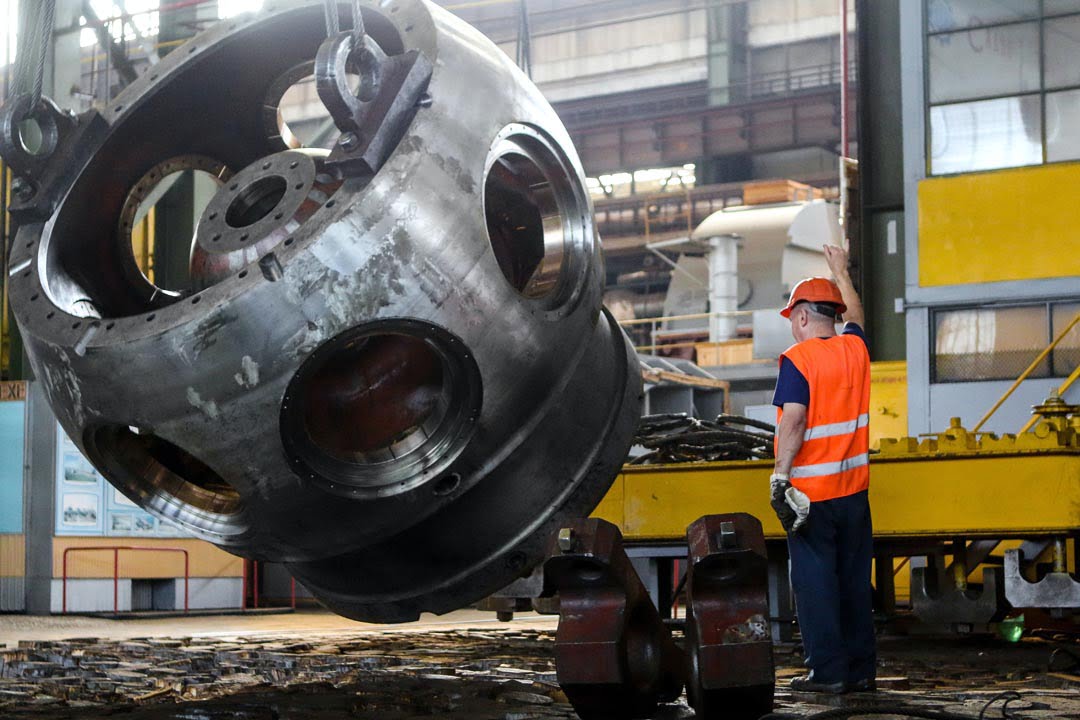Begin your journey to reliability excellence.
This course provides a comprehensive introduction to the reliability engineering techniques that are most commonly applied in asset-owning organisations. It is designed for those that are new to reliability engineering, as well as those that may have been practicing as reliability engineers but have not yet received formal training.
Starting out with an overview of the key areas where reliability engineering can help to make a difference to organisational performance, the course then provides more detail regarding some specific areas where reliability engineers are called on to assist – notably:
- The application of Reliability Centered Maintenance (RCM) principles to determine and optimise preventive maintenance routines, and
- The application of Root Cause Analysis to uncover the reasons for recurring reliability issues, and determine the most appropriate long-term solutions to these problems.
The course is filled with practical examples and exercises that show how these principles are actually applied in practice, and give participants practice in applying these principles in a safe, supportive environment. The course will be led by one of our Senior Consultants who have demonstrated high levels of skill and experience in reliability engineering and delivering adult training.
Key outcomes
By the end of this course, you will (at a minimum) be able to:
- Describe the contributions of reliability and maintainability to business success
- Define reliability and maintainability
- Identify appropriate techniques to apply to achieve reliability improvement across the asset life cycle
- Describe the benefits that can be gained through an effective PM program.
- Describe the principles of both Reliability Centered Maintenance (RCM) and Preventive Maintenance Optimisation (PMO).
- Identify the steps involved in developing an equipment strategy.
- Contribute to each step, particularly:
- Applying RCM or PMO techniques as appropriate to the equipment,
- Identifying equipment functions and failure modes,
- Selecting recommended maintenance tasks, and
- Identifying additional improvement tasks.
- Describe why most traditional problem solving approaches do not work effectively.
- Demonstrate a paradigm shift in their thinking about problem solving and failure analysis.
- Demonstrate the skills to solve problems effectively using Root Cause Analysis principles.
Course outline
- Terminology
- Asset Management
- The reliability relationship
- What causes failure?
- The journey to operational excellence
- The equipment reliability death spiral
- The asset life cycle
- Specifying reliability targets
- Design for reliability
- Design for maintainability
- Reliability modelling
- Operational planning
- Operator driven reliability
- Operational excellence
- Root Cause Analysis/Defect Elimination
- Reliability Centred Maintenance
- Planned Maintenance Optimisation
- Maintenance quality
- Spare parts optimisation and holdings
- Spare parts specification and procurement
- Spare parts storage and maintenance
- Continuous improvement
- Performance monitoring and feedback
- The origins of most existing PM programs
- Performance monitoring and feedback
- The likely possible improvements within your current maintenance program
- Origins of FMEA, RCM and PMO
- Underlying principles of equipment strategy development
- How to select equipment for analysis
- Documenting the scope
- Identifying functions
- Functional Performance Standards
- Detailing performance requirements
- Identifying design capability
- Identifying and assessing gaps
- What is a failure mode?
- The RCM approach to identifying failure modes
- Exercise: Identifying Failure Modes using the RCM approach
- The PMO approach to identifying failure modes
- Exercise: Identifying Failure Modes using the PMO approach
- Case Study: Applying Steps 3-4
- Describing failure effects and Consequences
- Hidden Failures
- Safety/Environmental
- Operational Consequences
- Non-Operational Consequences
- Exercise: Classifying Consequences
- Assessing task effectiveness
- Types of consequences
- Assessing task applicability
- Case Study: Applying Steps 5-6
- Types of one-time changes
- Equipment modifications
- Operating practices
- Repair techniques
- Maintenance error management
- Identifying windows of opportunity
- Reviewing shortest interval shutdown tasks
- Identifying & resolving constraints
- Packaging & sequencing tasks
- Estimating labour & downtime
- Levelling workloads
- Case Study: Applying Steps 7-8
- Approving implementation
- Managing review quality
- Implementing process outcomes
- Measuring achievement
- Continuous improvement
- Stopping too soon
- The “Blame Game”
- The Root Cause Myth
- The Illusion of Common Sense and One Reality
- Failure to think “outside the box”
- Categorical Thinking
- Story Telling
- What is a “failure”?
- Recurring, chronic problem, or one-off catastrophic failure?
- Specifying required performance – “want” vs “can” vs “did”
- Variability in Processes and Parts – when has a failure occurred?
- Focus on business consequences
- Treat the scene like a crime scene
- Parts
- Position
- People
- Documents
- Electronic Records
- Conducting Interviews
- What can be done to overcome the immediate consequences of failure?
- Could this occur again while the investigation is being conducted?
- What can we do to minimise further consequences?
- When is a team based analysis appropriate?
- Who should be involved?
- Who will implement the outcomes?
- Cause-effect principles
- Physical Root Causes
- Human Root Causes
- System (Latent) Root Causes
- Searching for patterns and comparisons
- Brainstorm for causes
- Preparing a Cause-Effect diagram
- Run charts
- Additional data requirements
- Brainstorm for solutions
- Solution guidelines
- Solution Killers
- Validating against the Cause-Effect diagram
- Assessing alternatives
- Developing a Report
- Developing a Presentation
- Agenda
- Content
- Presentation skills
- Obtaining approvals
- Tracking implementation progress
- Getting proactive work done in a reactive maintenance environment
- Developing and implementing tracking metrics
- Training
- When to Perform an Analysis
- Tracking Implementation Compliance
- Where to from here?
Reliability Excellence Fundamentals
- Brisbane, Perth
- From $4315.50 excl. GST
- Face to face duration: 40 hours




